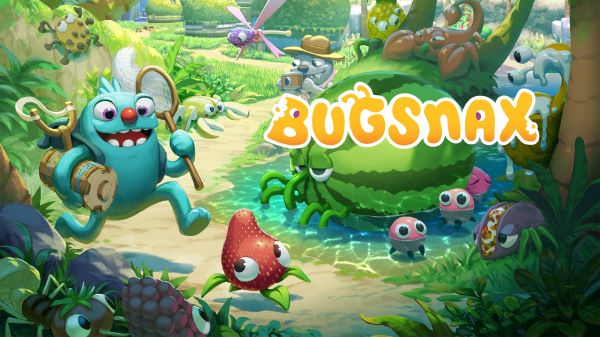Content note: I’m not going out of my way to spoil the game, but I’ll mention some aspects of one of the endings.
Eliza is a visual novel by Zachtronics–a game studio better known for its programming puzzle games. It’s about the titular Eliza, an AI that offers counseling services. The counseling services are administered through a human proxy, a low-paid worker who is instructed to read out Eliza’s replies to the client. It’s an exploration of the value–or lack thereof–of AI technology, and the industry that produces it.
As a professional data scientist, media representation of AI is a funny thing. AI is often represented as super-intelligent–smarter than any human, and able to solve many of the world’s problems. But people’s fears about AI are also represented, often through narratives of robot revolutions or surveillance states. Going by the media representation, it seems like people have bought into a lot of the hype about AI, believing it to be much more powerful than it is–and on the flipside, fearing that AI might be too powerful. Frankly a lot of these hopes and fears are not realistic, or at least not apportioned correctly to the most likely issues.
Eliza is refreshing because it presents a more grounded vision of AI, where the problems with AI have more to do with it not being powerful enough, and with the all-too-human industry that produces it.

